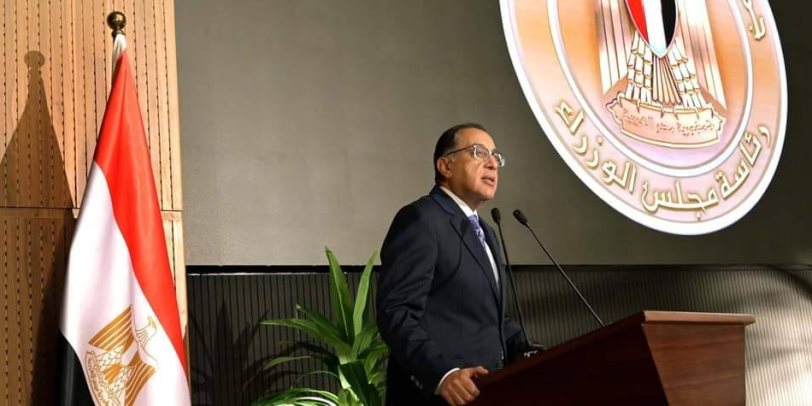
Egypt’s Ministry of Tourism and Antiquities has issued a firm denial of any plans to privatize or export archaeological treasures, responding to growing concerns over the management of the newly inaugurated Grand Egyptian Museum (GEM) in Giza.
Amid a swirl of speculation in local media, reports suggested the government was in confidential talks with foreign tourism operators over potential concessions within the museum complex. The rumours sparked criticism from cultural institutions and archaeologists, who feared the commodification of Egypt’s invaluable heritage.
In response, ministry spokesperson Khaled Zaki reaffirmed the country’s legal and ethical commitment to heritage preservation. “Any export, even temporary, of authentic objects from the Pharaonic, Greco-Roman, Coptic, or Islamic eras is strictly prohibited by the Egyptian Antiquities Law (No. 117/1983) and its successive amendments,” he said.
He further emphasized that Egypt is bound by international conventions, including the 1970 UNESCO Convention, which reinforces these protections.
Located near the Great Pyramids, the Grand Egyptian Museum is being touted as the largest museum complex in the world. Its grand opening has drawn global attention, not only for its architectural scale but also for its potential as a centrepiece of Egypt’s cultural diplomacy.
President Abdel Fattah al-Sisi has called the GEM “a pillar of the national cultural renaissance,” underlining its symbolic significance in asserting Egypt’s historical legacy on the international stage.
The government clarified that collaborations with renowned global institutions such as the British Museum, the Louvre, and the Metropolitan Museum of Art are strictly limited to digital or photographic exhibitions, as well as joint research and educational initiatives.
A national oversight committee has been established to ensure full compliance with Egypt’s antiquities laws and to scrutinize all international museum agreements.
Nevertheless, calls for transparency persist. The Egyptian Archaeologists’ Association has demanded an independent audit of the museum’s funding, particularly regarding contributions from the Japan International Cooperation Agency (JICA) and private Gulf donors.
With a project budget exceeding $1.2 billion, critics argue that full public accountability is essential.
The Ministry’s stance underscores not only a legal imperative but also a broader ambition: to protect and shape the narrative of Egypt’s past without compromise, amid increasing global interest and ideological reinterpretation.



